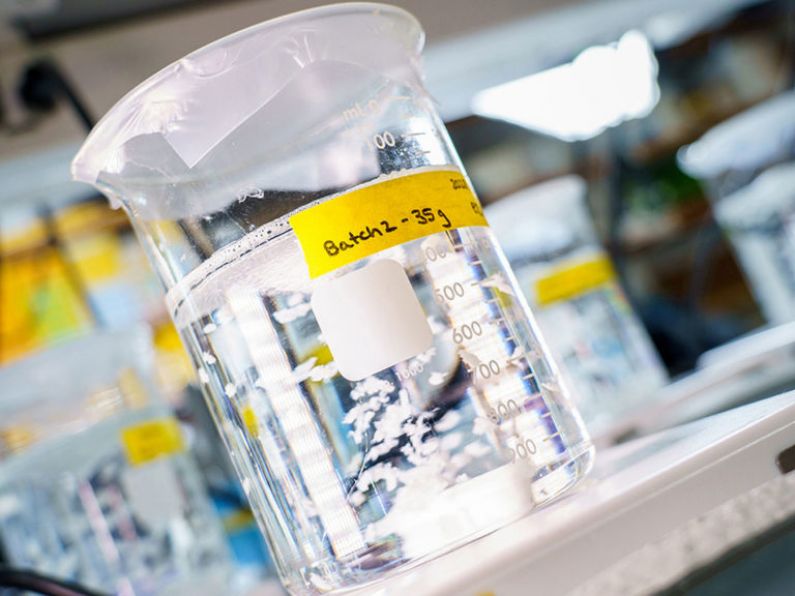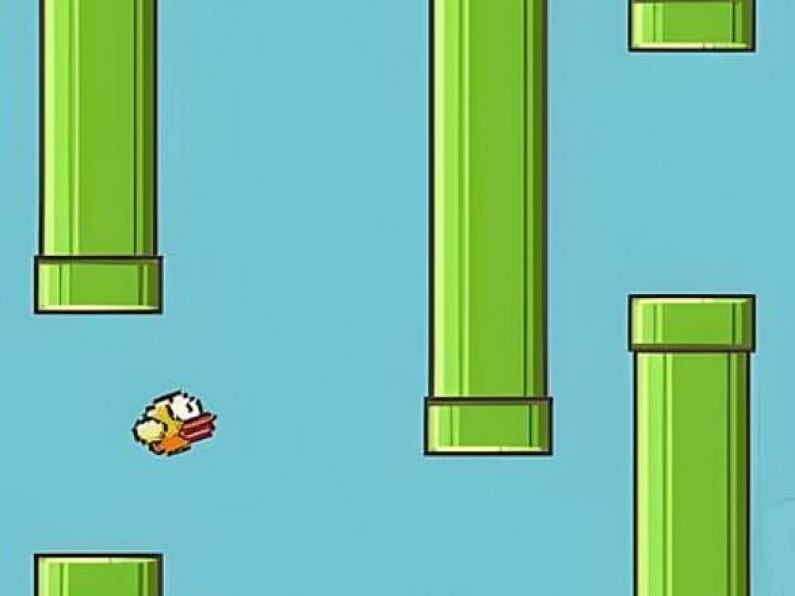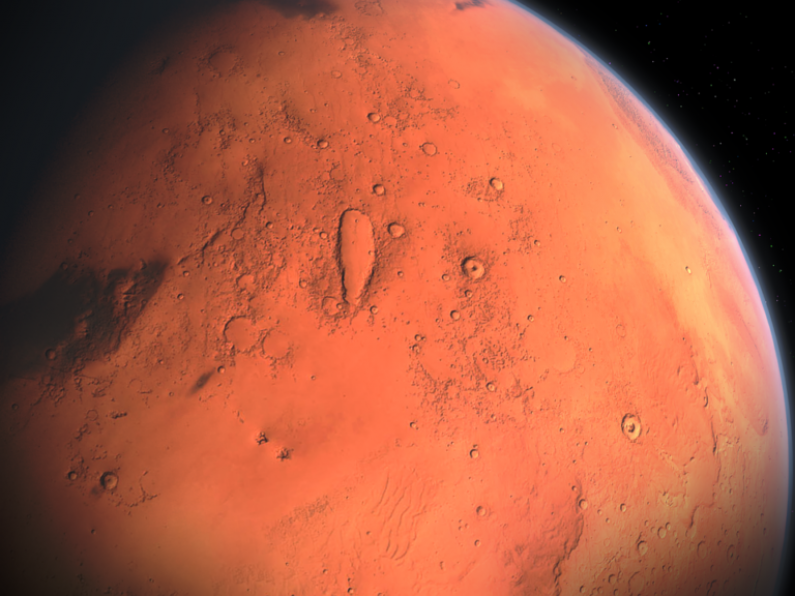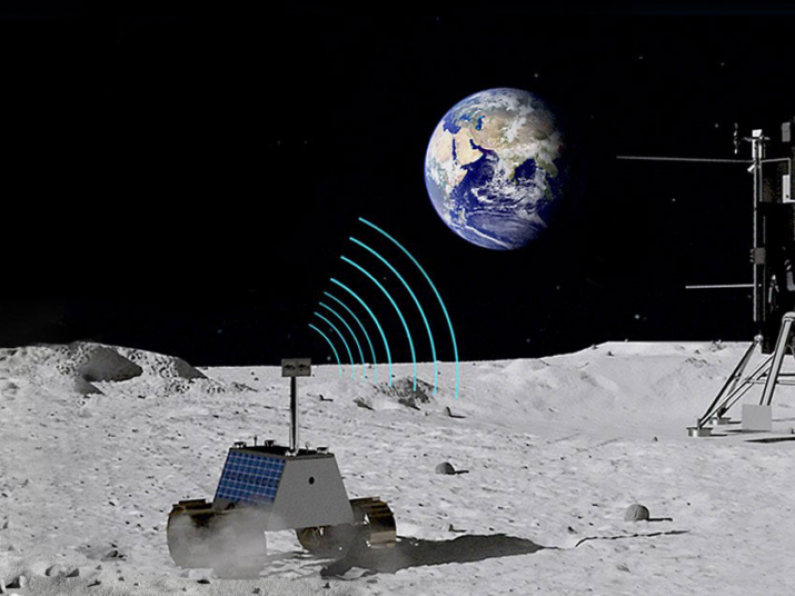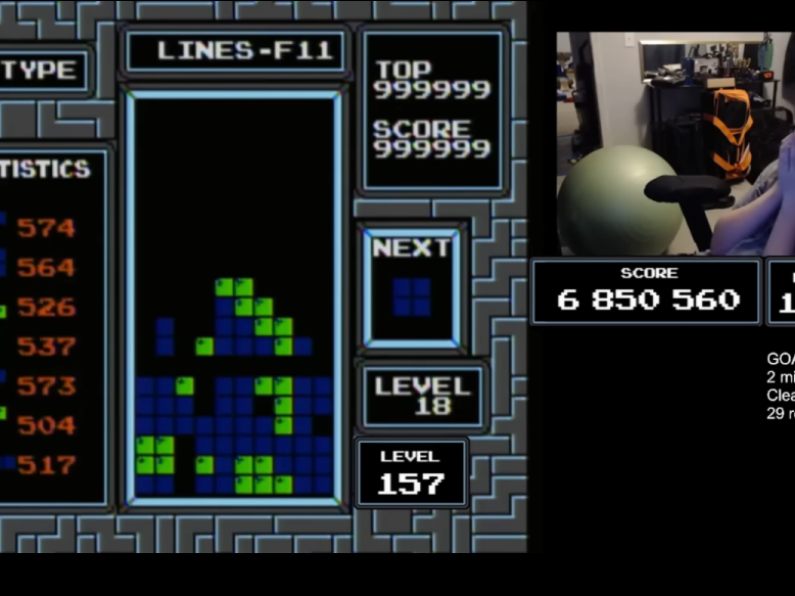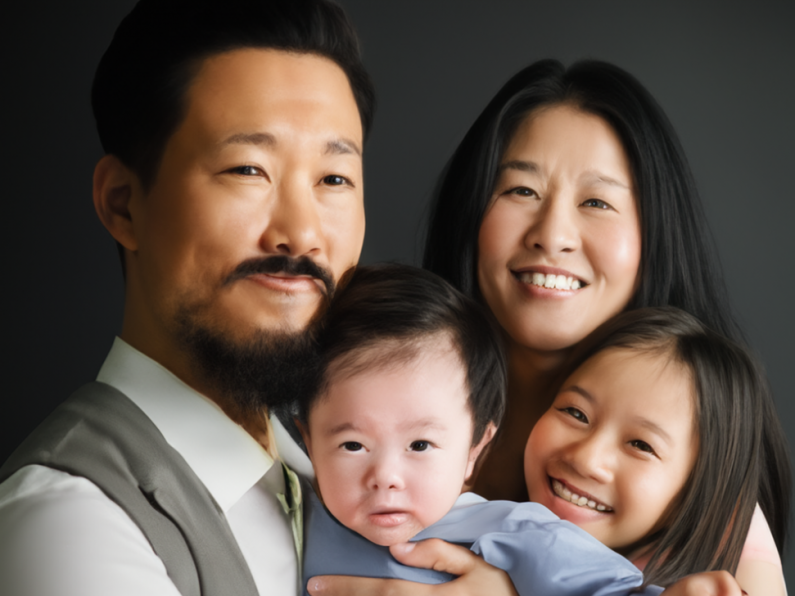Scientists at the University of California San Diego have developed a new biomaterial that could potentially aid in repairing tissue damage caused by heart attacks and other ailments.
The new material can reduce inflammation and repair cells in instances of traumatic brain injury and pulmonary arterial hypertension, as well as tissue damage caused by heart attacks.
Unlike other treatments, the biomaterial can be administered via intravenous injection immediately after a heart attack and can distribute evenly throughout an affected area, allowing for more efficient repair.
The biomaterial was tested and proven effective in treating tissue damage caused by heart attacks in both rodent and large animal models.
“This biomaterial allows for treating damaged tissue from the inside out,” said Karen Christman, a professor of bioengineering at the University of California San Diego, and the lead researcher on the team that developed the material. “It’s a new approach to regenerative engineering.”
After a heart attack, scar tissue develops, which diminishes muscle function and can lead to congestive heart failure.
“Coronary artery disease, acute myocardial infarction, and congestive heart failure continue to be the most burdensome public health problems affecting our society today,” said Dr. Ryan R. Reeves, a physician in theDivision of Cardiovascular Medicine at UC San Diego Health.
“As an interventional cardiologist, who treats patients with coronary artery disease and congestive heart failure on a daily basis, I would love to have another therapy to improve patient outcomes and reduce debilitating symptoms.”
Human safety and efficacy studies are expected to begin within two years.
Picture: A new biomaterial, pictured in a University of California, San Diego laboratory, can be injected through the veins to heal tissue after a heart attack. DAVID BAILLOT/UNIVERSITY OF CALIFORNIA, SAN DIEGO
